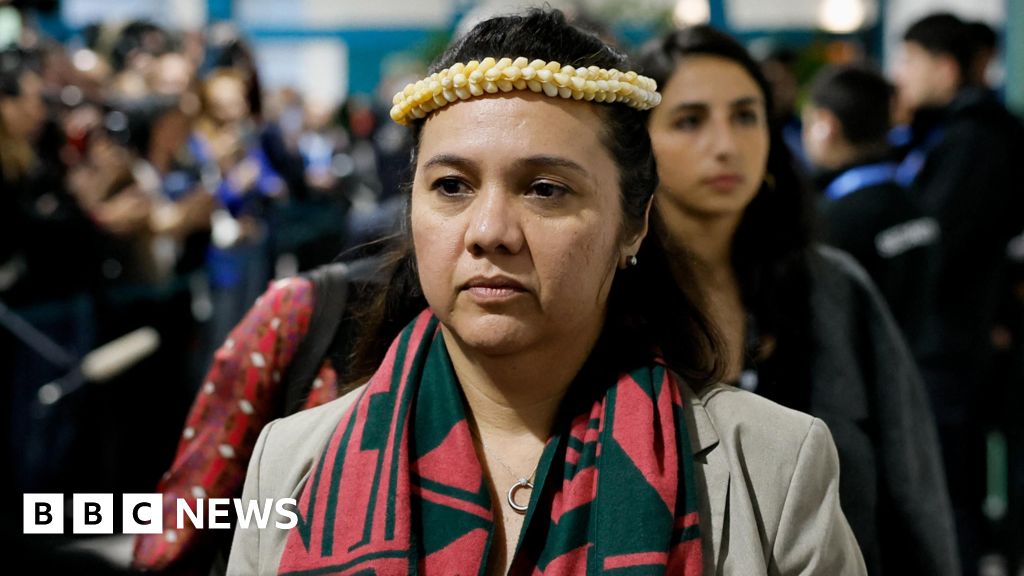The release of the 2024 Mo Ibrahim Index on African Governance unveils urgent and concerning trends in Nigeria’s governance landscape. With a ranking of 33rd out of 53 African nations and a score of 45.7 out of 100, Nigeria has experienced a -1.4 decline in its governance score between 2014 and 2023.
This decline is further underscored by low scores in critical categories such as Security & Rule of Law (39.7), Participation, Rights & Inclusion (47.9), Foundations for Economic Opportunity (48.6), and Human Development (46.4). These figures, when compared with the performances of federal public institutions, the 36 state governments, and the 774 local government areas (LGAs) in the Transparency and Integrity Index 2024, also recently released by the Center for Fiscal Transparency and Public Integrity, point to the country’s systemic decline and reflect broader governance challenges in Nigerian institutions.
As Nigeria has traditionally held a prideful position as “the giant of Africa,” these rankings are an urgent reminder of the nation’s slipping standing in the African and global arena. While Nigeria’s size, population, and resources position it as a leader on the continent, governance failures undermine its potential and influence. The Mo Ibrahim Index and the Transparency and Integrity Index underscore a lack of transparency, ineffective public sector accountability, and inconsistent enforcement of anti-corruption mechanisms. These indicators suggest a system that needs immediate reform to restore confidence and reverse these troubling trends.
It is crucial to emphasise that Nigeria’s declining governance score has a profound impact on its national and international reputation. A lack of rule of law and security not only affects domestic stability but also deters foreign direct investment and constrains economic growth. The country’s performance in the areas of human development, economic opportunities, and inclusion signals challenges that jeopardise Nigeria’s ambitions to lead in Africa’s economic and political spheres.
Furthermore, these governance gaps exacerbate issues such as poverty, inequality, and infrastructure deficiencies and diminish Nigerians’ quality of life and opportunities for socio-economic progress. Failure to address these deficits has long-term implications, from eroding public trust to an environment ripe for corruption and impunity.
In light of these findings, the centre urgently calls on government institutions to take immediate action to improve Nigeria’s performance across these critical indicators. It is imperative that the government align its actions with the standards set by the TII to strengthen anti-corruption mechanisms, improve transparency in government dealings, enforce compliance with the Public Procurement Act, establish stronger whistleblower protections, and implement clear mechanisms for accountability across public institutions.
Nigeria’s score in the 2024 Index on African Governance on the security and rule of law variable points to the need to bolster security frameworks and judicial reforms that protect citizens’ rights, reduce incidences of lawlessness, and ensure fair and equal application of the law to restore public trust in the justice system. This can be consolidated when the system promotes civic engagement and inclusive policies that allow marginalised groups to participate.
Nigerians need credible journalism. Help us report it.
Support journalism driven by facts, created by Nigerians for Nigerians. Our thorough, researched reporting relies on the support of readers like you.
Help us maintain free and accessible news for all with a small donation.
Every contribution guarantees that we can keep delivering important stories —no paywalls, just quality journalism.
Importantly, these reports are a clarion call to authorities to invest in human capital development by committing to increased healthcare, education, and skills training programmes to improve human development indicators and equip the workforce with skills to drive Nigeria’s future economic growth. The government is also encouraged to support the private sector with policies and incentives to attract foreign investment and help local businesses grow. We believe that by creating a more stable business environment with transparent regulations, Nigeria will improve its competitiveness on the African continent.
The centre calls on stakeholders, including civil society, media, private sector partners, and every Nigerian, to support and champion well-meaning efforts and reforms. It is high time we committed to transparent governance reforms, the rule of law, and a renewed focus on human development.
Victor Okebe Agi
Public Relations Officer
Centre for Fiscal Transparency and Public Integrity
Support PREMIUM TIMES' journalism of integrity and credibility
At Premium Times, we firmly believe in the importance of high-quality journalism. Recognizing that not everyone can afford costly news subscriptions, we are dedicated to delivering meticulously researched, fact-checked news that remains freely accessible to all.
Whether you turn to Premium Times for daily updates, in-depth investigations into pressing national issues, or entertaining trending stories, we value your readership.
It’s essential to acknowledge that news production incurs expenses, and we take pride in never placing our stories behind a prohibitive paywall.
Would you consider supporting us with a modest contribution on a monthly basis to help maintain our commitment to free, accessible news?
TEXT AD: Call Willie - +2348098788999

















 English (US) ·
English (US) ·